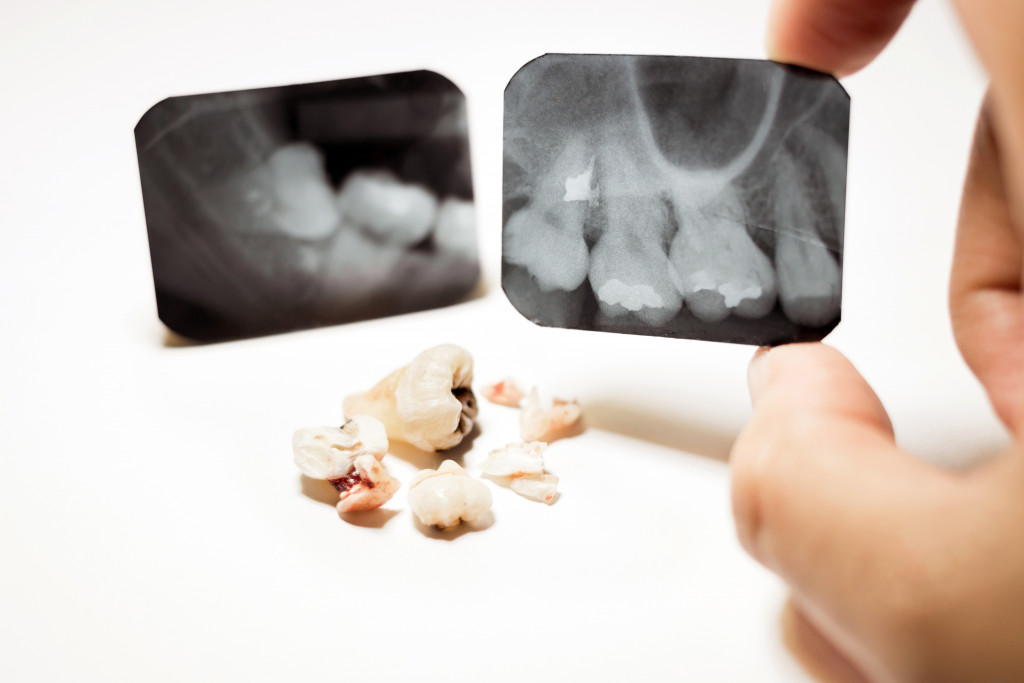- Act quickly and stay calm when dealing with dental trauma.
- Control bleeding and reduce swelling by rinsing your mouth with cold water, applying pressure, and using a cold compress.
- Manage pain with over-the-counter medications such as ibuprofen and acetaminophen, and avoid hot or cold foods.
- Protect injured teeth from further damage by storing fragments of chipped teeth and avoiding biting or chewing with the affected tooth.
- Invest in dental cosmetics to restore the aesthetics and function of injured teeth.
Dealing with dental trauma can be a stressful and painful experience. Knowing how to handle the situation can significantly affect the outcome, whether it’s a chipped tooth, a knocked-out tooth, or any other dental injury. This guide will provide five essential tips for dealing with dental trauma. By following these tips, you can minimize pain, prevent further damage, and ensure the best possible outcome for your oral health.
1. Act Fast and Stay Calm
When dental trauma occurs, acting promptly but remaining calm is crucial. The first step is to assess the situation and determine the severity of the injury. If a tooth has been knocked out, locate and handle it carefully by the crown, avoiding touching the root. Rinse it gently with water if it’s dirty, but do not scrub or use any cleaning agents. If possible, place the tooth back into its socket and hold it in place. If this isn’t possible, store it in milk or a tooth preservation kit and seek immediate dental care.
2. Control Bleeding and Reduce Swelling
Bleeding and swelling are common side effects that may occur after dental trauma. These symptoms are a natural response of the body’s healing process, as it works to repair any damage caused.
Here are some tips on how to control bleeding and reduce swelling:
Rinse Your Mouth With Cold Water
Rinsing your mouth with cold water helps to control bleeding and reduce swelling after dental trauma. To do this, fill a cup with cold water, tilt your head back, and gently swirl the water around your mouth for 30 seconds or more. Spit out the rinse once you’re done, and avoid swallowing the water.
Apply Gentle Pressure
Gently applying pressure with a clean, dry gauze pad or cloth can help control bleeding from dental trauma. Put the gauze or cloth on the affected area and press firmly for 10-15 minutes. Avoid using tissue or cotton balls, as they may leave fibers behind that can exacerbate the bleeding.
Use a Cold Compress or Ice Pack
A cold compress or ice pack can help reduce swelling and alleviate pain after dental trauma. Wrap a compress or ice pack in a thin cloth before applying it to the affected area for 15 minutes. This will help to reduce inflammation and soreness from the injury.
Seek Professional Dental Help

If the bleeding is severe or persists after applying pressure and using a cold compress, it’s important to seek professional dental help immediately. Your dentist will be able to evaluate your injury and provide the best course of treatment for you.
3. Pain Management
Dental trauma often comes with varying degrees of pain. Over-the-counter pain relievers, like ibuprofen or acetaminophen, are effective in managing mild to moderate pain. These medications can provide relief and help alleviate discomfort. However, following the recommended dosage and consult a dentist if the pain persists or worsens is important. Additionally, avoid consuming hot or cold foods and beverages as they can exacerbate sensitivity and discomfort. Stick to soft, room-temperature, gentle foods on your injured tooth or teeth.
4. Protecting Your Teeth
After dental trauma, protecting your teeth from further damage is crucial. If you have a chipped tooth, save any broken fragments if possible and schedule an appointment with your dentist as soon as possible. Avoid biting or chewing with the affected tooth to prevent further fractures. Clean the socket with salt water if a tooth is knocked out and cannot be immediately reinserted. Avoid touching the area with your tongue or fingers to prevent infection.
5. Invest in Dental Cosmetics

While not directly related to immediate dental trauma management, investing in professional dental cosmetics can greatly improve the appearance of damaged teeth. Cosmetic dentistry procedures such as dental bonding, veneers, and dental implants can restore the aesthetics and function of injured teeth. Consult a cosmetic dentist to explore options and determine the most suitable treatment for your case. Remember, addressing the emotional impact of dental trauma is just as important as the physical recovery.
In Summary
Dental trauma can be a challenging experience, but with the right knowledge and actions, you can effectively deal with the situation. Acting fast, staying calm, controlling bleeding and swelling, managing pain, and protecting your teeth are essential tips after dental trauma. Additionally, considering dental cosmetic treatments can help restore the appearance of damaged teeth and boost your confidence. Always consult a dental professional for proper diagnosis and treatment options.


